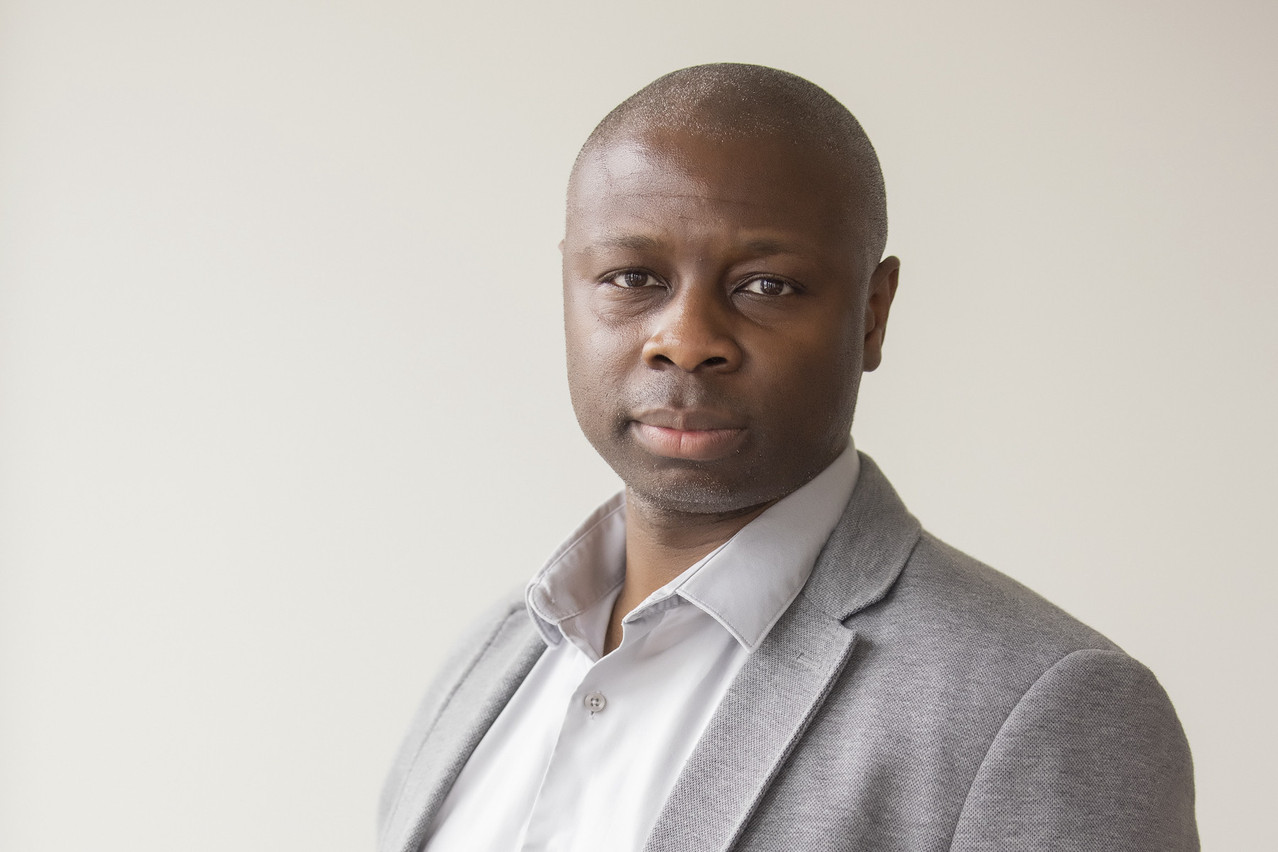"In our team, we are interested in technologies that have the potential to disrupt the industry," says Yannick Huchard. "Quantum computing is one of them, as are artificial intelligence and blockchain. The world has also been talking a lot about the metaverse in the last year, which is also part of our work."
Tracy Heindrichs: Can you explain in a few words what quantum computers are?
Yannick Huchard: Broadly speaking, today computers work on binary. Binary is the basic language that uses only 0 and 1. Quantum computing will completely change this approach in the sense that we will base ourselves on quantum properties. It should be noted that the basic language will no longer be 0 and 1, but numbers that oscillate between 0 and 1--decimal numbers, if you like. Mathematically, this allows us to have an exponential potential compared to binary and traditional computers.
This will allow us to make much more complicated, much more varied and more powerful calculations than we have today. However, this does not mean that tomorrow we will stop using the computers we have today. The two are complementary in the forms of calculation.
Quantum computers are used to solve problems that are too complex for traditional computers. In finance, what problems would they be?
You have to look at problems that are going to have a multidimensional multivariate. For example, today's IT security is based on what is called PKI (public key infrastructure). Cybersecurity is always a race against the computing power we have and the ease of breaking encryption algorithms. The more powerful computers are, the more complex encryption can be done--but at the same time we will have more power to crack these codes, since hackers have the same tools. The basic idea is to make ciphers that are very difficult to crack.
The problem is that the day quantum computers become more common, these encryption algorithms will be broken. So we have to anticipate the time when quantum computers will be here and create ciphers that are 'post-quantum resistant' and therefore so secure that they will withstand quantum computers.
In addition to improving banking cybersecurity, what other contributions can this technology make?
There is the whole area of dynamic investment portfolio management. Typically, a normal person doesn't have many products in their portfolio but a company like Blackrock or ING will have a management with thousands of variables to balance in order to have a good risk management but also a maximisation of the gains in relation to the risks they are willing to take. There are many different risks, and all these risks are variables and it is very difficult to capture all these relationships and to balance these variables in a traditional computer. A quantum computer allows you to manage this because it's designed to.
There are a lot of expectations on artificial intelligence also because quantum computers are already adapted to the way artificial intelligence works.
Quantum computers can also contribute to the fight against money laundering...
What we are asking the banks today is to practice anti-money laundering protocols that are permanent and enhanced. It's the same as with hacking--money laundering techniques are becoming more and more sophisticated. What has changed in recent years is that finance is becoming more diversified and distributed--so the way in which financial flows are managed is becoming more complex. We have a lot of payments going through and in those payments there is a part that can cause fraud hits. And the more transactions we process, the more difficult it is to see which ones are potentially or actually fraudulent. We need more and more AI models to deal with this.
Quantum computing is still mainly in the research domain. When do you think it will be used in companies?
It's hard to say because it's still in the research domain, even in quantum physics itself. We understand by observation but it is complex. We think that in the order of 5 to 10 years we will have the first exploitable quantum computers--but in my opinion, they will be exploitable in the same way as the cloud is today.
Although in theory these computers could have a positive impact on the world of finance, do closed-loop simulations confirm this?
For the most part, yes, but it's not perfect yet. There are still things to be discovered, which is why it could take another 5 to 10 years. The correction algorithms are still a hindrance; in quantum computing, there are interactions that do not follow the rules of physics as we understand them today. Secondly, the observer influences the results, i.e. as soon as we observe a result, it disturbs the quantum result. This can still evolve, of course.
At the beginning of our interview, you mentioned the metaverse. Is there a risk that quantum computing will fall into oblivion like the metaverse is doing now?
It is possible, if the research takes longer than expected. If we take the example of artificial intelligence, at the beginning we didn't really know when and where it would be applicable, and twenty years later, we see its concrete use in everyday life. Moreover, the intersection of artificial intelligence with quantum computing has the potential to revolutionise the sector exponentially.
This article was published for the Paperjam+Delano Finance newsletter, the weekly source for financial news in Luxembourg. .
